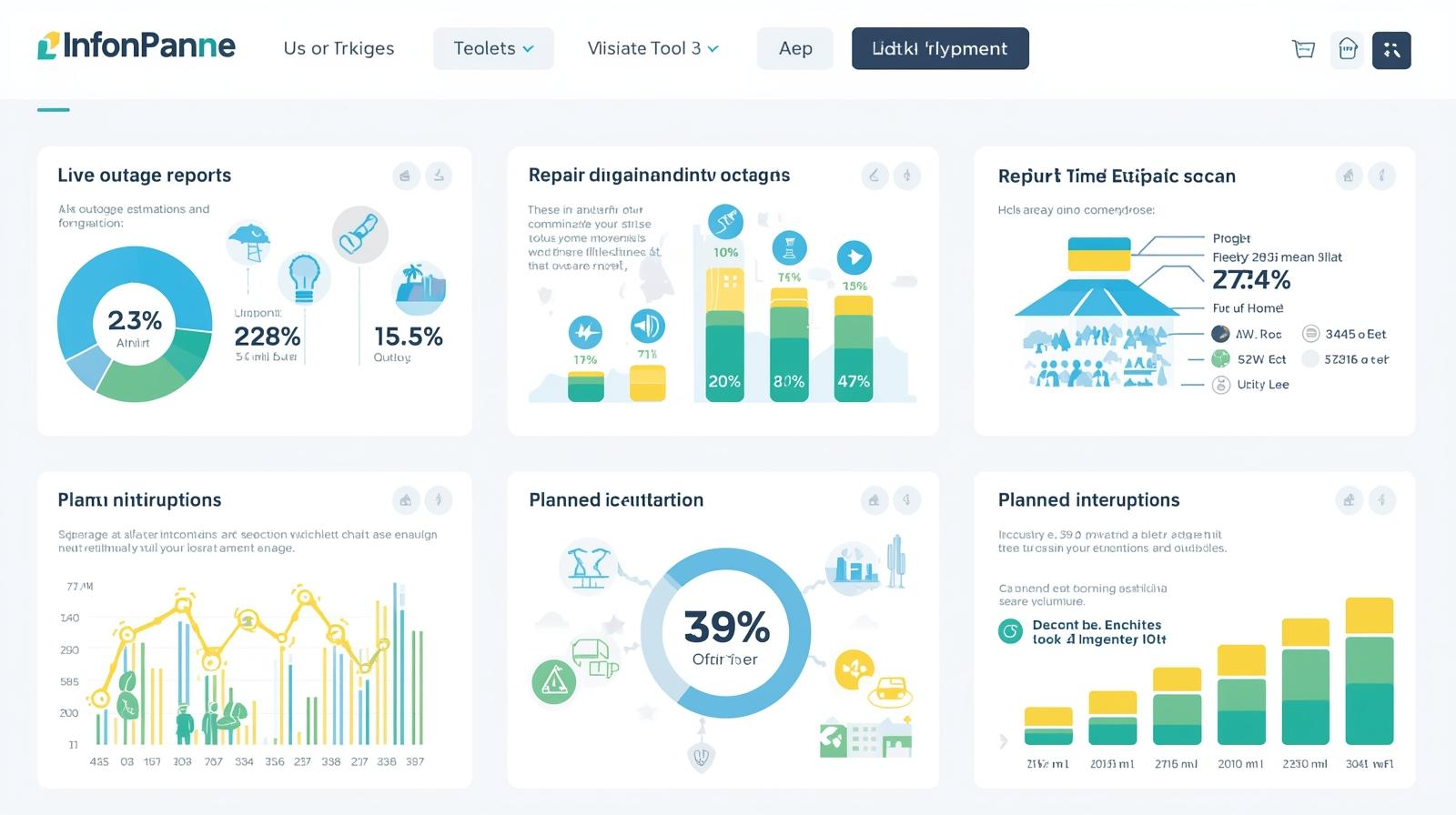The rapid evolution of technology has brought about significant changes in various sectors, with education being one of the most impacted. The traditional model of education, characterised by in-person classes and physical textbooks, is increasingly being supplemented or even replaced by online learning platforms. This shift has not only transformed how students learn but has also redefined the role of educators and the structure of educational institutions.
The Shift Towards Online Learning
Over the past decade, online learning has seen exponential growth. Several factors have contributed to this trend, including the widespread availability of high-speed internet, advancements in digital technology, and the increasing demand for flexible learning options. Online learning platforms offer a wide range of free certification courses, from primary education to advanced degrees, enabling students to learn at their own pace, in their own time, and from virtually anywhere in the world.
This flexibility is particularly beneficial for adult learners who may be balancing their education with work and family responsibilities. It also opens up opportunities for students in remote areas who may not have access to quality education otherwise. The convenience and accessibility of online learning are key reasons why it has become a popular alternative to traditional classroom-based education.
Redefining the Role of Educators
The rise of online learning has also redefined the role of educators. Teachers are no longer just providers of knowledge; they are now facilitators of learning who guide students through online content and help them apply what they’ve learned in real-world scenarios. In an online setting, educators must adapt their teaching methods to engage students who may be learning in isolation. This often involves the use of interactive tools, multimedia content, and real-time feedback mechanisms to keep students motivated and on track.
Moreover, the shift to online learning has necessitated the development of new skills among educators. Teachers must become proficient in using digital tools and platforms, creating online content, and managing virtual classrooms. This transformation has led to the emergence of professional development programs designed specifically to equip educators with the skills they need to thrive in the digital age.
Expanding Access to Education
One of the most significant impacts of online learning is its ability to expand access to education. Traditionally, access to quality education has been limited by factors such as geography, financial resources, and institutional capacity. Online learning, however, breaks down these barriers by offering a wide range of courses at little to no cost, making education more accessible to a global audience.
Furthermore, free online courses often come with the added benefit of certification. These certifications provide learners with tangible proof of their skills and knowledge, which can be leveraged in the job market. As employers increasingly recognise the value of online certifications, students can gain a competitive edge in their careers without the need for expensive and time-consuming traditional education.
Challenges and Opportunities
Despite its many advantages, online learning is not without its challenges. Issues such as digital literacy, access to technology, and the lack of face-to-face interaction can hinder the effectiveness of online education. However, these challenges also present opportunities for innovation. For example, educators and tech companies are working to develop more engaging and interactive online learning experiences that mimic the benefits of in-person instruction. Additionally, initiatives aimed at improving digital literacy and providing affordable access to technology are helping to bridge the digital divide.
Conclusion
The future of education is undoubtedly intertwined with the continued growth and development of online learning. As technology continues to advance, online learning will play an increasingly central role in shaping how education is delivered and experienced. While challenges remain, the potential benefits of online learning—such as expanded access to education, increased flexibility, and enhanced career opportunities—make it a powerful tool for reshaping traditional classrooms and paving the way for a more inclusive and dynamic educational landscape.





